A point of view of Meldet H. Sunjic.
The debate on migration in Europe is being conducted by right-wing and left-wing groups in a moralising, emotionalising and uninformed manner. Migration policy screws around the effects of irregular migration without considering its causes. The main people affected have nothing to say in the debate; instead, they live in permanent exploitation through smuggling and human trafficking cartels, through the economy of the host country and through the demands of the relatives left behind.
The migration debate in Europe has been running into a dead end for years. Every new refugee ship that is not allowed to dock, every tragic capsizing of boats that are not seaworthy leads to the same speeches and the same tug-of-war, without the problem as such coming any closer to a solution. This is mainly because the migration issue is almost exclusively emotional and moralised. A few years ago, the Right discovered how well refugees and migrants are suited as external enemies to mobilise their own ranks, fuel fears and delegitimise political opponents. The “solutions” offered are simple and ideologically compatible: more spending on the military and police, increased surveillance of the entire population, revival of nationalist and authoritarian ideologies, damage to European integration.
In return, the democratic forces in the left and green factions, as well as Christian-social and liberal parties and NGOs, fall into an equally emotional discourse. The point is to attack the political opponent and denounce his moral deficits. The migrants and refugees remain extras in the big, always the same exchange of political fights. There is no rational discussion ethic at all, which is why the discussion does not lead to any new solutions.
Yet it would be time, especially now that the hysteria of 2015/16 is slowly subsiding and the pressure of the large number of arrivals has eased, to find a fact-based discussion on migration in Europe. Austria – under the Kurz government an advocate of European refugee and migration policy – has been given an opportunity to engage constructively after the change of government. That would be a good thing for this country because of its history as a refugee receiving country and neutral mediator.
Refugees or migrants?
First you have to unravel the terms. Flight and migration are not the same thing and should not be constantly thrown together. The international legal system distinguishes between the two forms of migration for good reason. Refugees run the risk of being persecuted in their country on the grounds of race, religion, nationality, political conviction or membership of an undesirable social group (e.g. as trade unionists, environmental activists, victims of forced marriage, LGBTI persons, etc.). Such people flee because they are in danger of life and limb and need protection in a country other than asylum. By the way, “refugee” is not a swearword and there is no reason to replace it with the vague term “fled”.
Migrants (often also disparagingly called economic refugees) find themselves in a different kind of predicament. They see no possibility of preserving themselves and their families and seek a livelihood elsewhere. The decisive difference is that there is no danger to life and limb at home.
This has different political and legal consequences for the host countries. Refugees must under no circumstances be sent back to the country of persecution, unless they are war criminals. This is very strictly regulated by the non-refoulement requirement of the Geneva Convention on Refugees. In the case of migrants, on the other hand, national regulations apply which allow the host country to decide for its own economic reasons to whom it will open its labour market and for how long.
In the migration debate, both sides mix these two concepts. One grumbles that any form of migration must be stopped and raises security concerns, economic reasons and cultural differences. The others often answer equally undifferentiated, speak of “open borders” and say that anyone leaving their home country has good reasons and must be welcomed into Europe. This is unrealistic and counterproductive.
If the captain of Sea Watch, Carola Rackete, demands that we no longer distinguish between migrants, refugees and climate refugees, and that Europe must take in all those who set off, this is an escalation and provocation directed at European politics. It does not provide a realistic solution. However, the debate about whether people in distress at sea should be rescued at all or whether rescuers should be labelled criminals is almost inconceivable.
Emigration: first lack, then exploitation
The author has interviewed thousands of refugees and migrants over the last years, before their departure, on their way and after their arrival in Europe and she has analysed the communication between smugglers and their customers on the social networks. The following picture can be drawn:
At the beginning of large migration movements there is either a lack of security and human rights (then people become refugees) or a lack of livelihood (then they become migrants). After their departure, both groups become equally victims of permanent exploitation, first by smugglers and human traffickers, who make a billion-dollar business, later as cheap labour in the country of arrival, and finally by their own families, who for years made exaggerated demands for financial support.
Mass emigration has a profound impact on the countries of origin. In many countries, remittances from emigrants account for a significant share of the GDP. At the level of the recipient family, financial assistance may be useful, but systemically the remittances of migrants to their home countries contribute to prolonging the problems.
Corrupt governments can rejoice twice over. First, the very young people who do not want to accept the conditions are emigrating. Instead of rebelling at home, they are far away. They also send money to finance education, health care and pensions for their relatives, without the state having to invest in welfare measures.
It is the emigrants themselves who pay the highest price, literally and figuratively. The vast majority of people interviewed from Africa, the Middle East and Afghanistan, even those who have been living in Europe for years as recognised refugees, are deeply unhappy with their fate. They feel exploited, discriminated against and betrayed for their best years.
Migration policy begins at the wrong end
Migration policy in Europe has two main shortcomings:
First of all, the fight against irregular migration must be holistic rather than intervening at the end of the migration process. There are no simple solutions. We need strategies that take into account both the situation in the countries of origin and the political responsibility of the industrialised countries. Nevertheless, the discourse is characterised by geographical and temporal short-sightedness and is conducted by both sides from a purely European perspective. Only when potential refugees and migrants approach the borders of Europe are they perceived by politicians and used for their own purposes.
Secondly, migration policy completely ignores the point of view of those affected. Modern parliamentarism in Europe is usually participatory. All those affected are listened to before decisions are taken. Only in the migration debate this has never happened. Decisions are taken over people’s heads. Migrants have proposals that are more practical, closer to reality and cheaper than the measures devised in ministerial offices, as a recent study shows.
Thesis 1: Border closures as a central means of migration management do not reduce migration pressure, they increase it.
It is unrealistic and expensive to want to seal off thousands of kilometres of sea and land borders. Those who profit from this are the security industry and the tugboat industry, whose profits are rising.
The only difference is that the problem is being shifted to states that are economically and politically far more unstable than the EU. There the numbers of people who set off for Europe and are now desperately stuck in a country where they never wanted to go are massing . North Africa, the Balkans and Turkey are therefore expected to cope with a problem that the EU as a whole has been unable to solve for years.
Thesis 2: The closer migrants are to Europe, the more risks they will take in order to reach their destination.
It is hypocritical for politicians to say that they want to close the routes to Europe to save lives. People who made it to the shores of the Mediterranean are like marathon runners close to the finish line, they have put in everything. They have run into debt for many years. They have suffered fear, hunger and thirst. Many were tortured and sexually abused, had to pay ransoms to various armed groups, were perhaps even enslaved for longer periods of time. They all witnessed deaths and murders. Almost all migrants who came via North Africa reported that they had seen more people die in the Sahara and by Libyan gangs than drown in the sea.
The family at home has made great sacrifices and expects compensation. These people have only two options: to get to Europe or to die.
The information about the dangers of irregular migration must therefore start much earlier than in the Mediterranean. It is best to do so in the country of origin, before the victims of the propaganda of the smugglers and traffickers sit up.
Thesis 3: Europe needs two different systems to manage economic migration and refugees.
The European asylum system is so overburdened because not only refugees but also economic migrants try to legalise their stay through asylum. This is because, unlike in North America or Australia, there are hardly any immigration opportunities for economic migrants in Europe.
The asylum system is designed to protect those who flee from war and persecution and is eroding as a result of this misapplication. The asylum system can be relieved very quickly by removing labour migration and regulating it separately.
Europe needs intelligent circular migration programmes, a kind of guest worker policy 2.0. Unlike the guest workers of the 1970s and 1980s, this should not be geared exclusively to the needs of the European economy for labour, but should also take account of the needs of the migrants themselves. They often want jobs where they can earn and save money for a few years, and the acquisition of qualifications that will help them to build a livelihood at home. This should be complemented by follow-up care in the country of origin, mentoring programmes and micro-credits. This would reverse the brain drain from the home countries and raise the overall qualification level. This would also reduce the migratory pressure instead of increasing it through the exemplary effect of the emigrants.
Thesis 4: It is cheaper for Europe and safer for all to provide proper care for refugees in the countries of first asylum.
The war in Syria broke out in 2011. It was not until four years later that Syrian refugees arrived in larger numbers in Europe. This was foreseeable, because the countries of first asylum were left alone with their problems. The donor countries provided the UN refugee relief agency UNHCR with only 30% (!) of the funds that would have been necessary to provide the people in Jordan, Lebanon and Turkey with halfway adequate care. There was help only for the weakest. Those who still could came to Europe.
European politics has learned nothing from this. A few months ago the author interviewed Syrian Kurds in the refugee camps in Sulaymaniya, northern Iraq. There, humanitarian aid was cut back massively because the aid organisations did not have enough financial resources at their disposal. When asked about their plans for the future, many refugees said they were considering migrating to Europe. There would be enough offers of traffickers.
Thesis 5: Better and faster asylum procedures and rapid repatriation of persons not in need of protection are more humane and can prevent irregular migration.
The quality and quantity of asylum authorities must be improved. Asylum procedures take far too long. Asylum seekers in Europe often live for years in a kind of vacuum. They do not know whether to integrate or fear repatriation. This creates problems for the receiving society and for those affected and is more expensive than efficient asylum procedures.
Those in need of protection should be granted asylum quickly so that they can integrate. Those who are not in need of protection should be sent back quickly. This would send a signal to other migrants in the countries of origin that irregular migration may not pay off after all.
Thesis 6: We must finally put a stop to the smuggling cartels and human trafficking rings.
In the midsummer of 2019 it was possible to be smuggled from Turkey to Schengen Europe for 5,500 euros, to Great Britain the costs amounted to 8,000 euros. The offer is valid from 1 July to 1 August. For the discount price of 3,500 euros you come from Romania to Italy. Even cheaper is the trip from Belarus to Poland, which is available for 1,000 for adults and 800 euros for children. Schengen visas are sold for 2,000 euros, travel costs not included. Stolen passports are also offered. Everything can be found unencrypted on Facebook and Instagram. There are international criminal cartels at work that give desperate people false hopes to squeeze the last money reserves out of them.
Most tugboats are paid electronically. This can be traced back. The old police rule applies: Follow the money! Those who want to stop the trafficking must start with the money flows and the structures of the cartels and not only arrest the small henchmen who drive the trucks.
Thesis 7: Europe must continue to receive refugees, otherwise it will lose its identity.
Migration must and should be managed, but there is no reason for hysteria. Europe is not “flooded”. Only a few top receiving countries have up to 5,200 asylum seekers per million inhabitants, most of them much, much less. By comparison, Jordan has received almost 180,000 refugees per million inhabitants.
Europe is the cradle of human rights and the continent that has always offered protection to persecuted people on humanitarian grounds. That is part of its political DNA. Some people today claim that the only way to protect and preserve the character of Europe is to surround the continent with barbed wire and reject people in danger of their lives. The very opposite is the case: the core of Europe, its values and traditions are thus destroyed and replaced by a system that is incompatible with democracy and humanity.
+++
This article first appeared in the current issue of INTERNATIONAL magazine.
+++
Thanks to the author for the right to publish the article.
+++
Image source: Achilleas Chiras / Shutterstock
+++
KenFM strives for a broad spectrum of opinions. Opinion articles and guest contributions do not have to reflect the editorial point of view.
+++
You like our program? Information on support options can be found here: https://kenfm.de/support/kenfm-unterstuetzen/
+++
Now you can also support us with Bitcoins.

BitCoin Adresse: 18FpEnH1Dh83GXXGpRNqSoW5TL1z1PZgZK

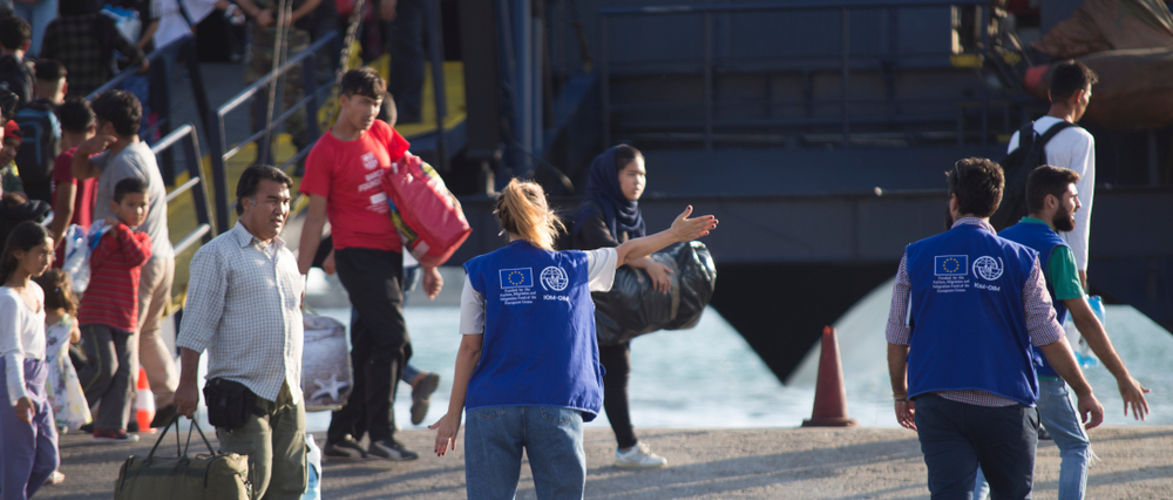
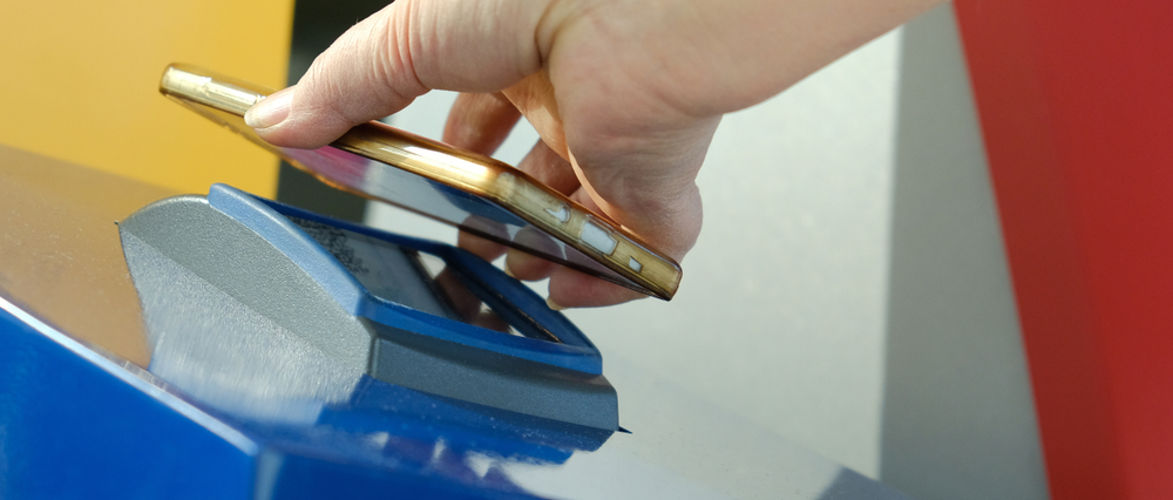
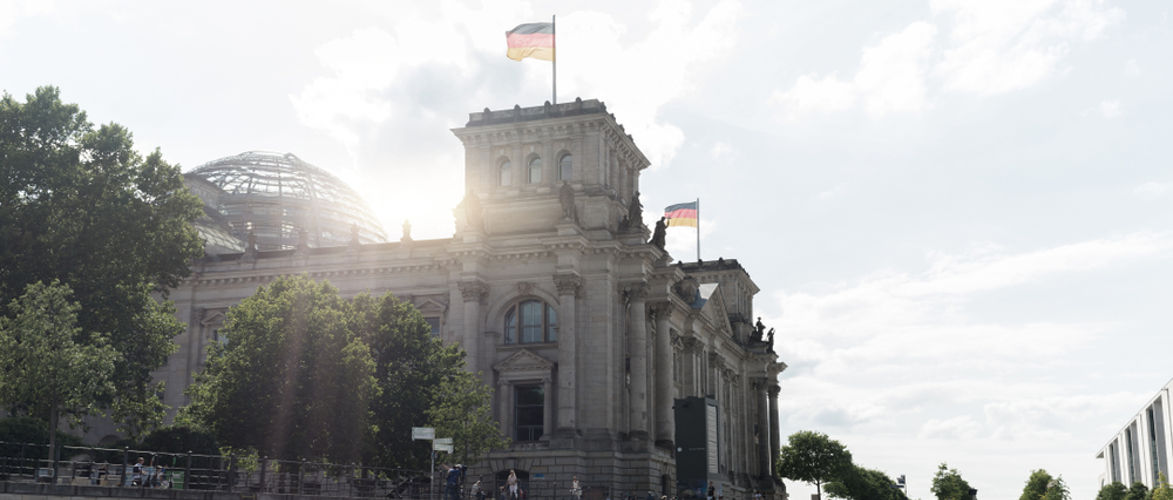
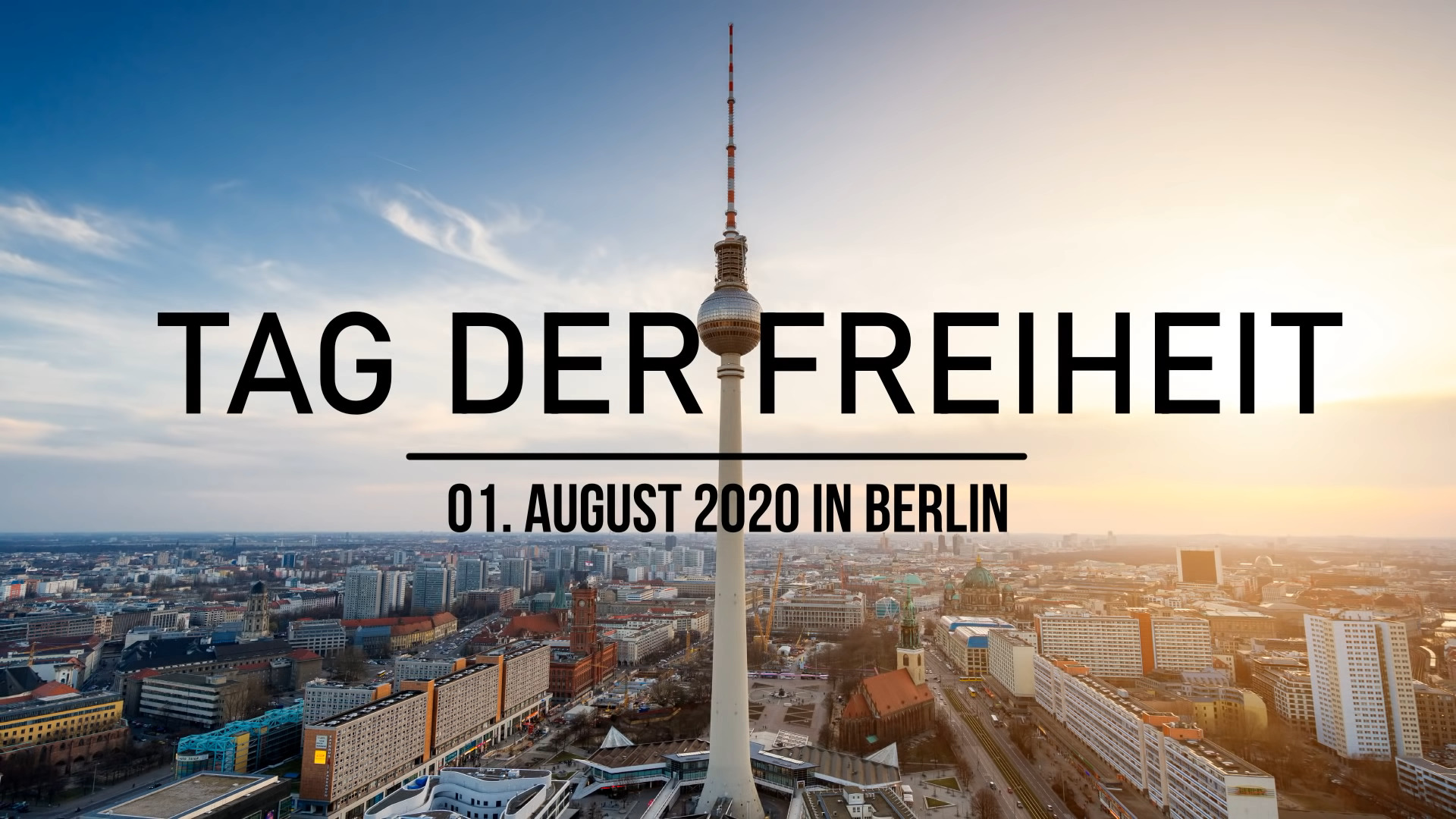
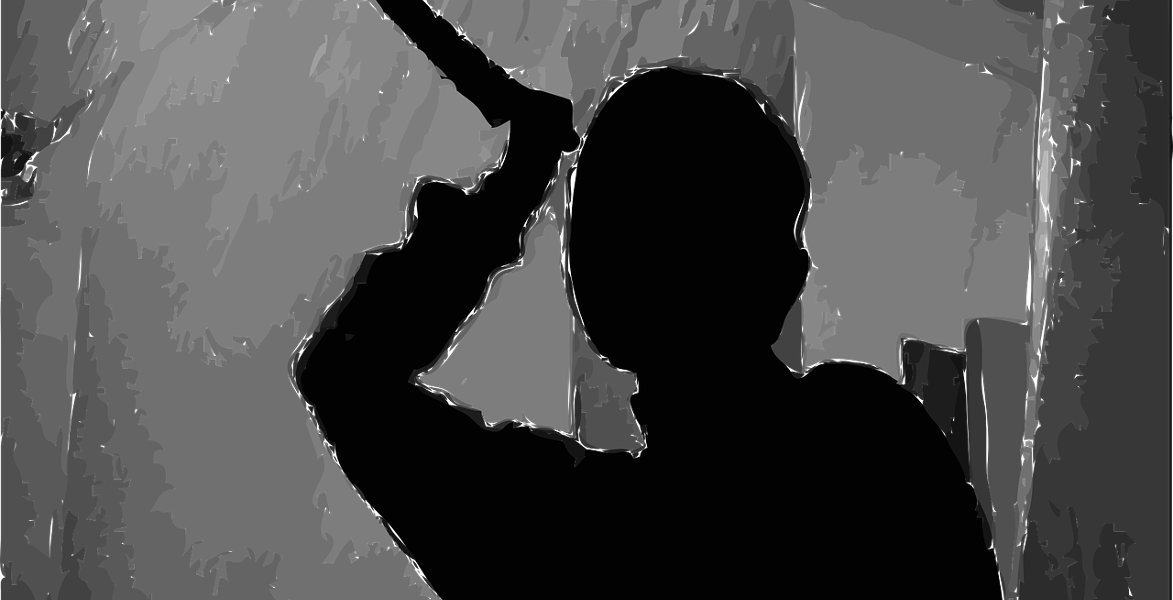
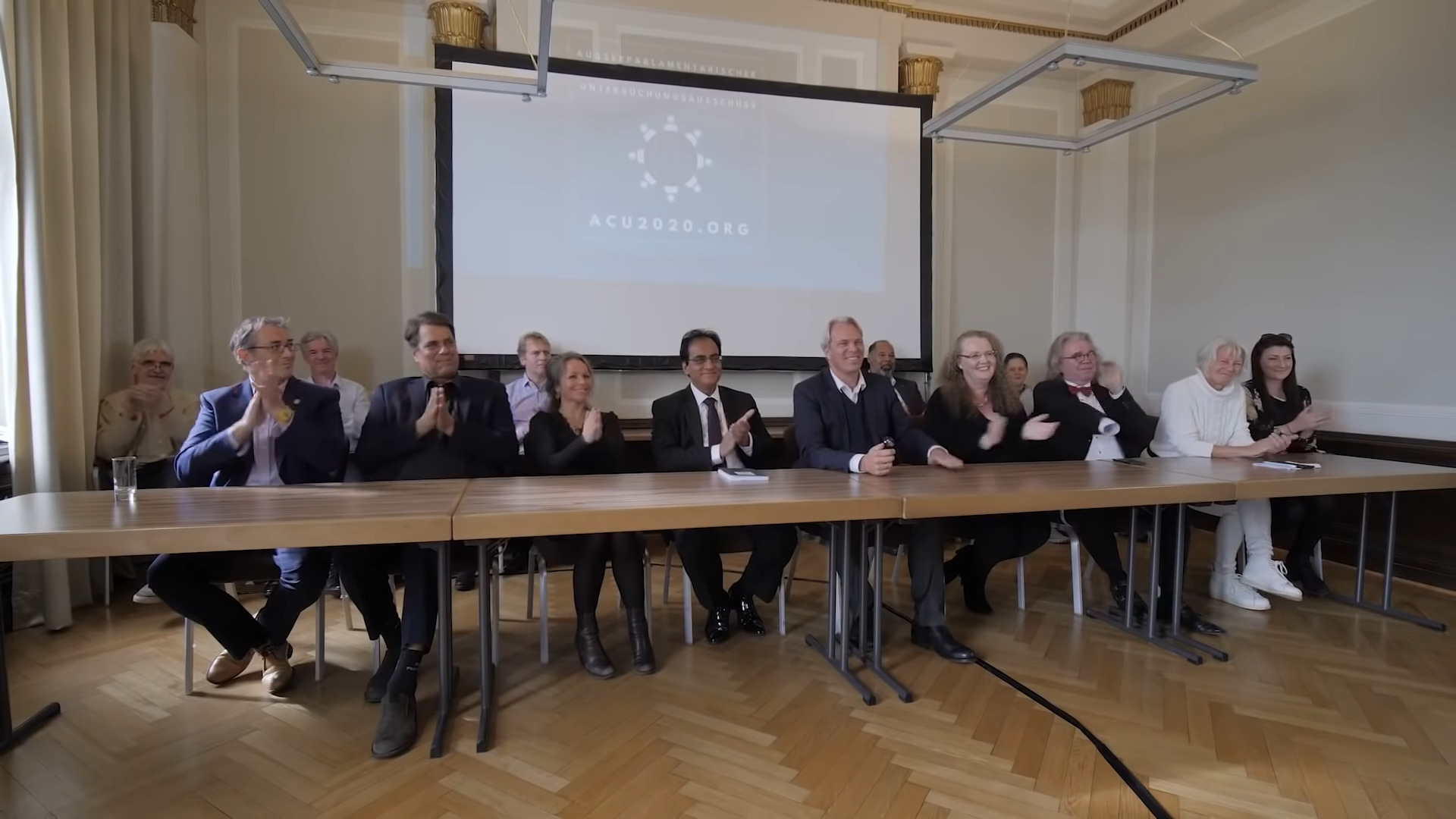
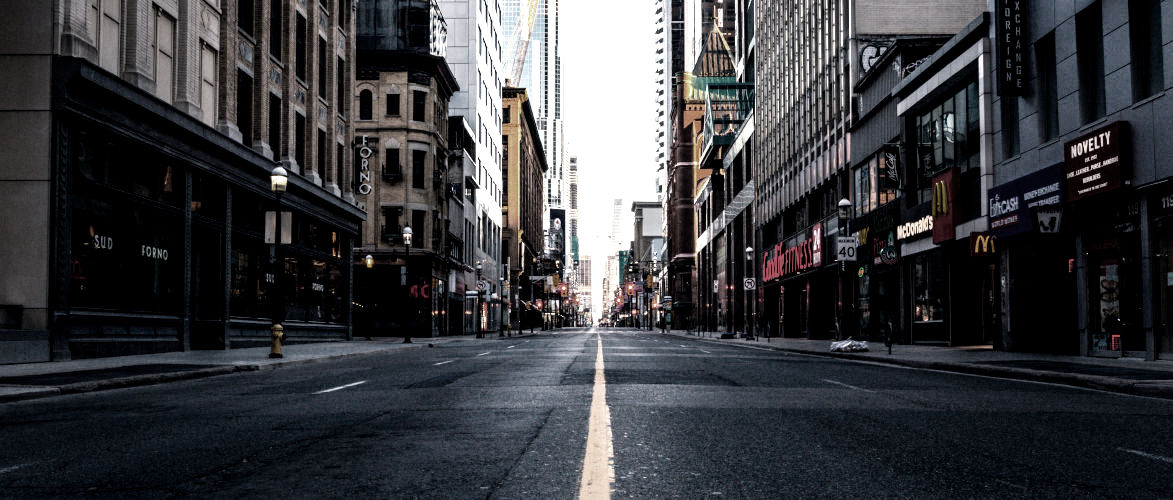

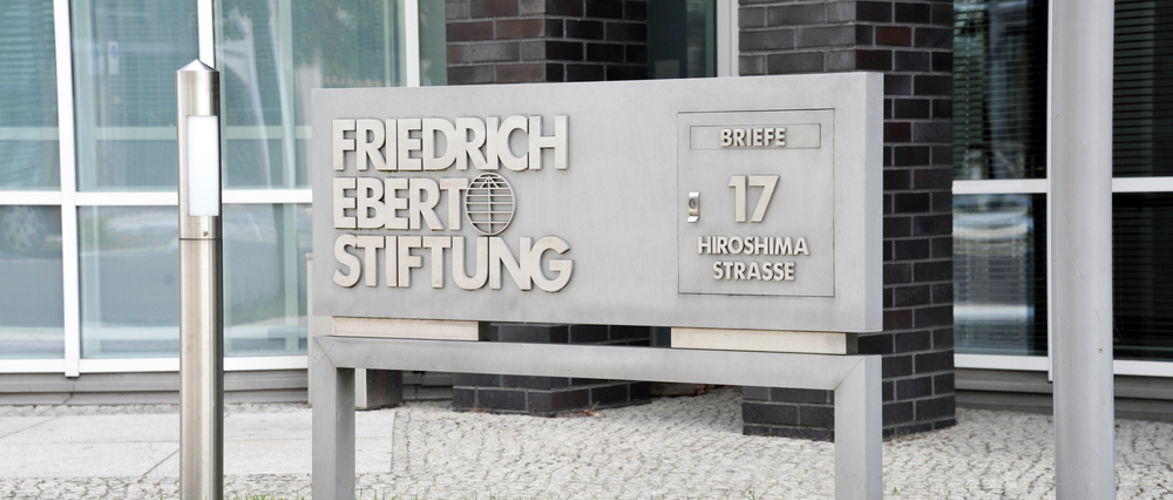
Kommentare (0)